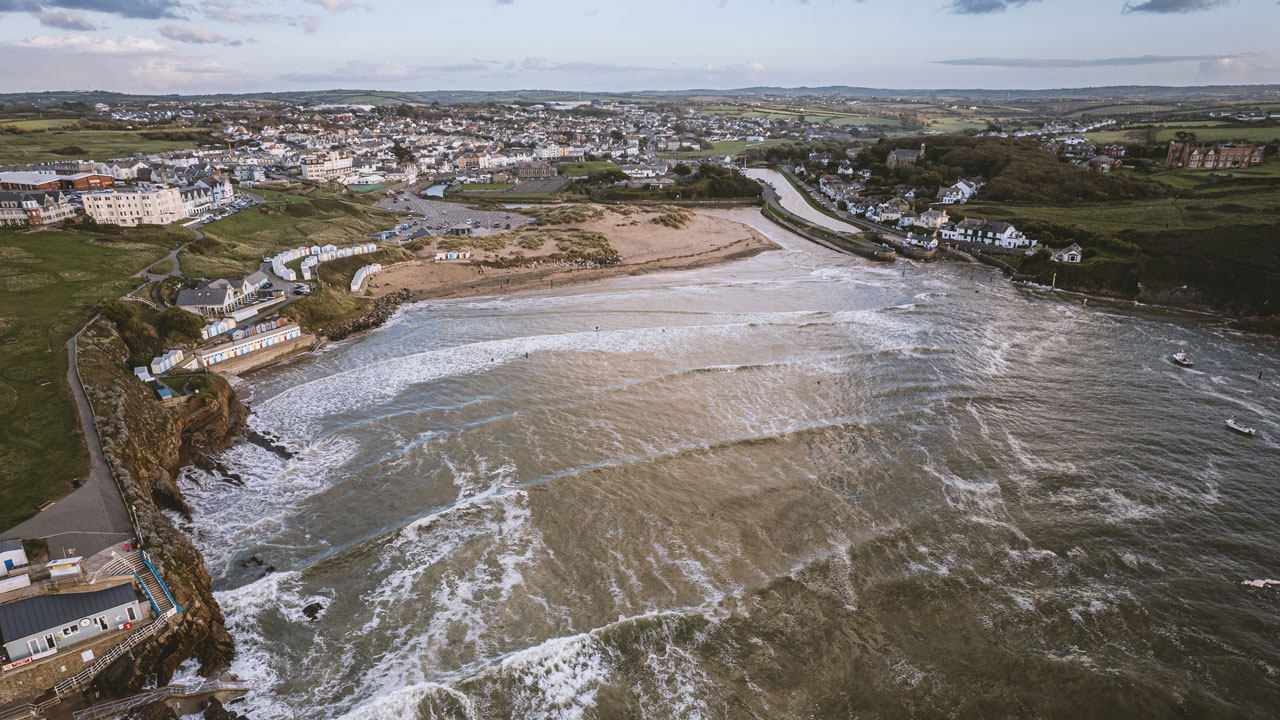CANARI Scientists Contribute to New Environment Agency Report on UK Drought
Published this week, the report “Review of the research and scientific understanding of drought” covers the current scientific knowledge about drought in the UK, how drought may change with climate change, and how drought impacts our water resources.
Droughts happen when a period of low rainfall leads to water demand exceeding supply, which creates a shortage of water. They are complex events that can vary in duration, timing, location and severity – with consequent impacts on the environment, farming, and water supply.
The UK has experienced several severe droughts in recent years. The exceptionally hot and dry summer of 2022 was accompanied with drought conditions and temporary usage bans, which persisted through to winter 2023 in some regions of the UK.
Drought is a recurring feature of UK climate, with water shortages in 1995-97, 2010-12, 2018-19, and 2022. Even longer and more severe droughts have occurred during 1975-76, and during the 1920s, 1890s and 1850s.
Persistent droughts have a significant impact on water supply, agriculture, biodiversity, energy production and public health. Since the frequency and severity of UK droughts are predicted to change in the future, the UK needs to adapt to changing drought risk.
The Environment Agency is part of the Department for Environment, Food & Rural Affairs, and along with the rest of government, local councils, businesses, civil society groups and local communities works to create a better place for people and wildlife.
The Environment Agency’s Chief Scientist’s Group worked with experts across leading scientific organisations and universities to bring the best knowledge to bear on drought in the UK, and make it available in their latest report.
The report includes data and scientific insight from CANARI researchers from NCAS, UKCEH and BGS about atmospheric circulation, low rainfall, climate change, hydrological catchments, past trends in drought, future drought risks, and groundwater droughts.
“Droughts in the UK occur during dry spells when we have periods of low rainfall. This tends to happen when the jet stream over the UK is deflected to the north or south by high pressure over the UK, which is sometimes known as blocking. The deflection of the jet stream steers North Atlantic storms away from the UK and results in lower rainfall,” explains Professor Len Shaffrey, CANARI PI and research scientist at the National Centre for Atmospheric Science.
He adds: “We expect climate change to make UK summers drier and hotter, and winters wetter and warmer. The nature of drought may change in the UK, with droughts tending to become shorter and more frequent in response to changing rainfall patterns. The amount of water we have available is also affected by hot weather and evaporation. As the climate warms, we expect evaporation to increase, leading to a greater risk of summer droughts.”
Dr Ben Harvey, a research scientist at the National Centre for Atmospheric Science, explains how droughts can have huge impacts on people and livelihoods:
“The Environment Agency and water companies work hard to ensure the public water supply remains unaffected during periods of water shortage. However, droughts do have impacts. For example, the 1975-76 drought profoundly affected agriculture and industry due to disruptions in water supplies. Droughts also present challenges to ecosystems and biodiversity, for example, fish stocks during periods of low river levels.”
UK drought is one of the key impact areas that CANARI is focussed on. Len Shaffrey outlines CANARI’s role in assessing the risk of droughts in the UK:
“One area of research that is still very uncertain is what processes led to the very persistent droughts in the 19th century, sometimes known as the ‘long droughts’ as they lasted over multiple years. Future work in CANARI will look at the drivers of these droughts to understand whether they are likely to occur again, and if they do, how their severity might be impacted by climate change. It is these types of events that the Environment Agency, water companies, and society need to prepare for in case they happen again.”


